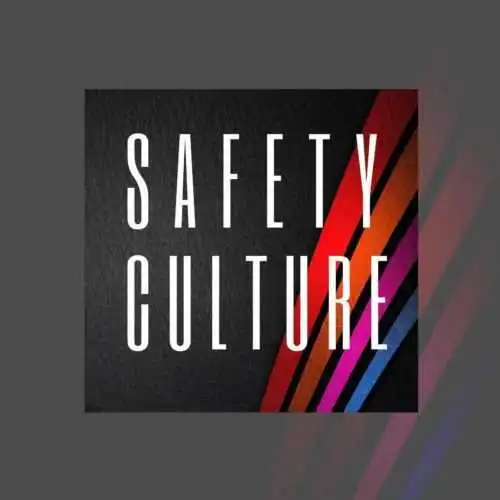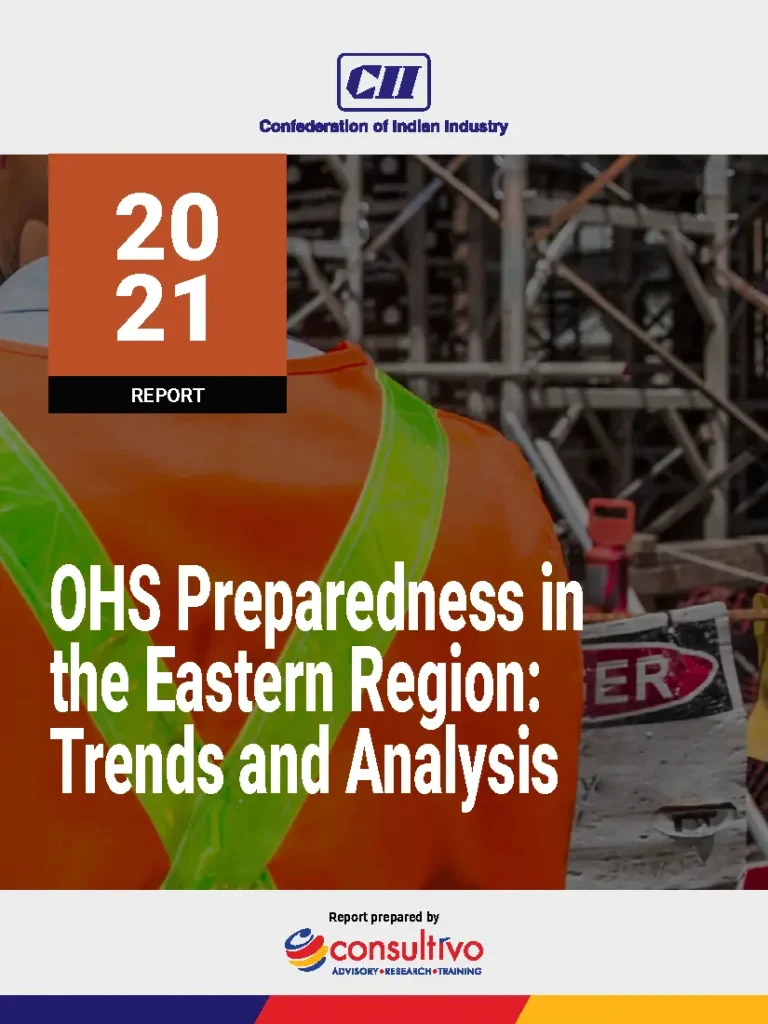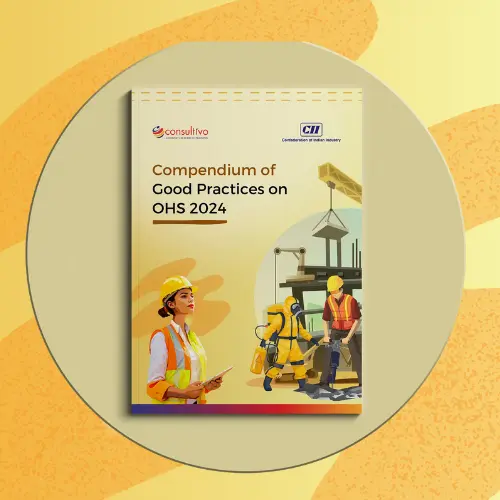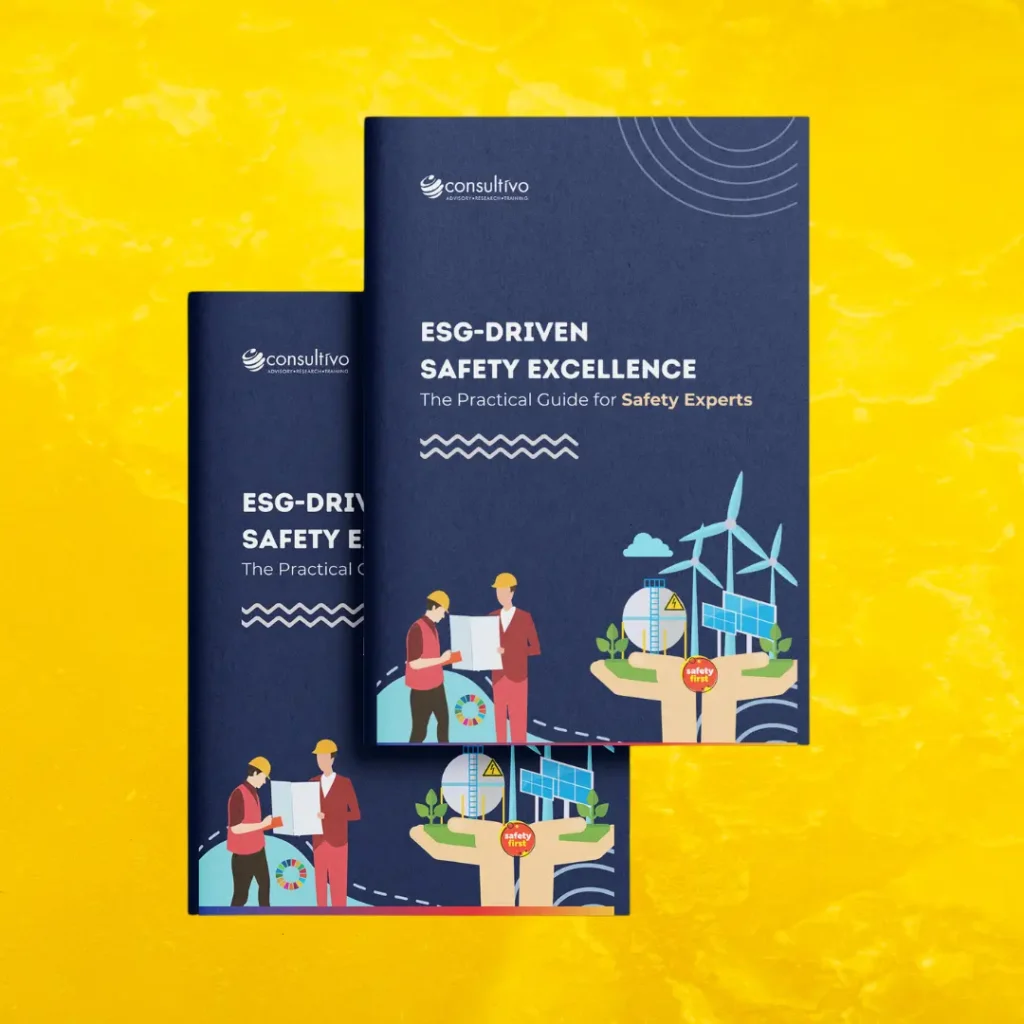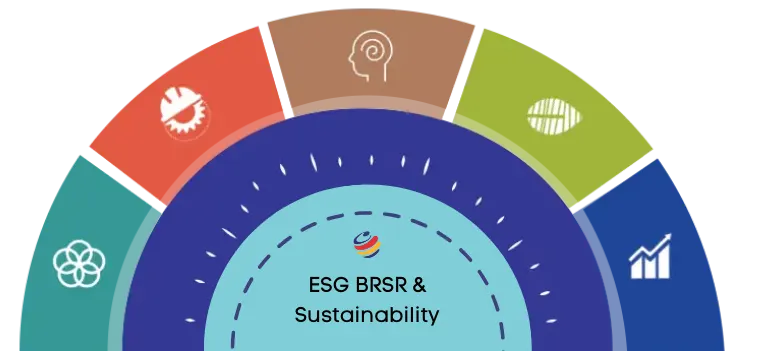Vision Zero is the idea of a world without occupational accidents & work-related diseases to achieve the goal of a comprehensive culture of prevention. It has emerged as the prevention strategy to achieve zero harm in industry.
Safety isn’t just a mere obligation but a conscientious responsibility. It is, in fact, of all, by all & for all. A world where everyone is safe and sound, no accidents, no fatalities & zero harm – is it too hard to imagine?
Probably, 340 million accidents at work happen worldwide every year and 2 million people die every year due to unsafe work conditions.
We must put a stop to it. But how?
The question is not whether industrial incidents can be minimised to a tolerable limit but whether we can free our workmen from the industrial incidents altogether.
In order to encourage and build a safe culture, Vision Zero has emerged as the prevention strategy endorsed by the International Labour Organisation (ILO) to achieve zero harm in industry. This transformational prevention approach of Vision Zero integrates the three dimensions of safety, health and well-being at all levels of work based on the 7 golden rules.
Why should we believe in Vision Zero?
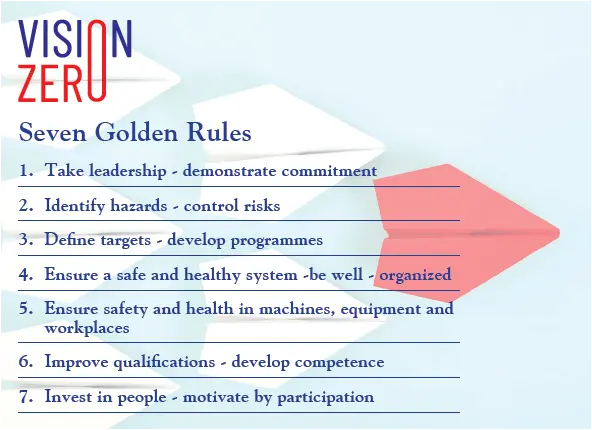
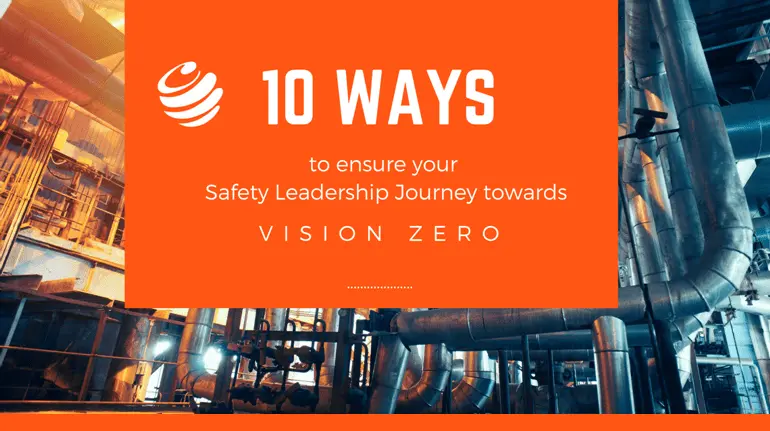
Striving for Vision Zero: How can we achieve it?
Most importantly, one must be committed towards the vision of a safety culture. Every life matters and our life & health are our assets. We all should be responsible and encourage the safety awareness movement.
Consultivo as part of its safety initiative conducts Safety Leadership Quiz every year to bring more & more people to support the movement.
Have you prioritised the OHS measures in your organisation and analysed your safety performance?
Get the analysis of the study where a group of large size industrial sectors were selected within the eastern part of India to find out the relationship between leadership & preventive safety culture from the knowledge report on Safety Leadership Towards Vision Zero.
Share this post
Category: Blog
Related insights
News & Events
Knowledge Bank
Knowledge Bank
Impact Stories
Impact Stories
Impact Stories
View more in Impact Stories | Blogs | Knowledge Bank | News and Events

